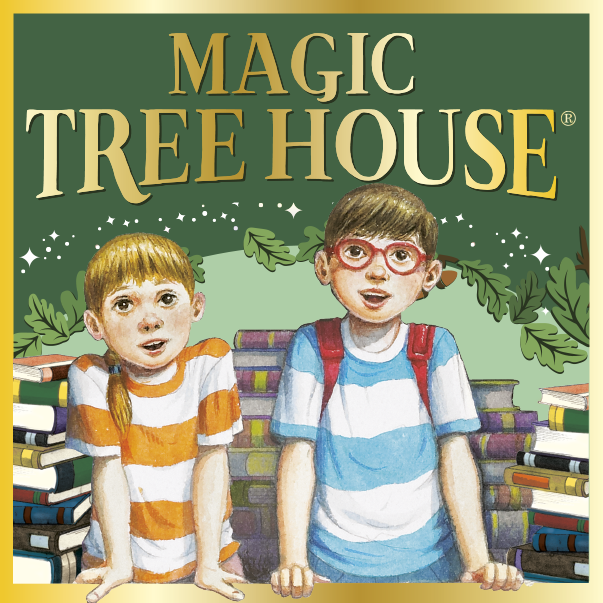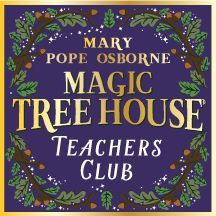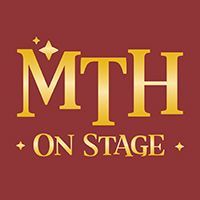An Insightful Interview with Mary
An Interview with PhD Research Scholar, Siliviya Florance Avinashilingam Institute for Home Science and Higher Education for Women Tamil Nadu, India.
Q1: What inspired you to write stories for children?
MPO: Growing up, I loved playing make-believe games with my brothers, in which we used our imaginations to create different worlds. In my twenties, I fell in love with words and started writing poetry. I copied countless words onto note cards. I chose “living” words that described color, weather, light, smells, sights and sounds. I spent hours in public libraries, too. In the children’s sections, I discovered how authors had used words sparingly to tell highly imaginative tales. These discoveries inspired me to start writing for children. Throughout the next decade, I wrote picture books, young adult novels, history books, retellings of Greek and Norse myths and Medieval tales and American Tall tales. In the 1990’s, I combined my interest in fantastical tales with actual history and added the play-partnership of two siblings, and I started the Magic Tree House series. I’m still writing those books today, still trying to spin “living words” into new worlds of history and fantasy to share with children.
Q2: In Twister on Tuesday, Miss Neely says, "Whatever you teach children today travels with them far into the future." What kind of impact do you believe your books would have on children?
MPO: It’s hard to say, but many young adults I meet today tell me that the series inspired them to love reading and to study history and use their imaginations to write their own stories.
Q3: There is a broad spectrum of genres in literature. What made you choose history as a significant part of your stories?
MPO: I love researching different cultures and different times of history, and then trying to make those subjects come alive for young readers.
Q4: You mentioned in an interview that you aim for "a combination of fun, adventure, and learning." How challenging is it to present a serious subject like history combined with fun and adventure for children?
MPO: One reason I keep writing the series is that I really enjoy the challenge of finding ways to make complex information understandable for young readers. When you study the past, it’s not hard to find historical characters, animals, settings, funny moments and disasters that grab you. I take extensive notes, trusting that the same things that move me will also inspire wonder, fear and awe in my two main characters, Jack and Annie. After months of doing research, these characters take over and start telling the story. Young readers seem to easily identify with Jack and Annie, and therefore, quickly jump aboard and go on their time-travel journeys with them.
Q5: Jack and Annie are two different personalities. What kind of message do you wish to teach children through Jack and Annie?
MPO: Jack is very curious, smart, practical – but sometimes he’s too cautious and insecure. Annie is compassionate, exuberant, fearless – but sometimes she’s too impulsive and leads them into danger. When Jack and Annie are at their best, they complement and balance each other.
Q6: Do you think that magical realism is an effective narrative tool for historical fiction?
MPO: Because I want to paint a fairly accurate historical story, I have to make rules regarding any magic realism involved. For example, I need to say, “This magical thing will only happen if you use this wand or this rhyme or this special flute, etc.”. Even in fantasy, my characters need to stick to the rules, so readers can realistically navigate the story.
Q7: What are your comments on sub-creation and its connection to historical fiction?
MPO: I believe sub-creation might involve creating a complete world that’s different from ours, which involves fantasy; while historical fiction basically takes place in our world, but in the past. Simplistically, the tree house and its Arthurian world are part of a sub-creation; while at the same time, Jack and Annie adventures involve historical settings and details from our real world.
Q8: What are the difficulties you face as a writer of historical fiction? Especially for children. Do you believe that stories of the past could influence young readers?
MPO: I think it’s important for kids to learn about the past and become acquainted with George Washington, Louis Armstrong, Florence Nightingale, Shakespeare, Plato, Aristotle, Mozart, the Taj Mahal, Basho, the Incans, the Mayans, Aborigines, etc. Learning about the past enriches our lives and helps us better understand the present. So, I hope my simple introductions to different subjects will wet readers’ appetites to dig deeper and learn more.
Q9: You mentioned in an interview that interaction with children gives you better ideas for your writing, and they even suggest names or ideas for your upcoming books. Do you try to understand the perception of children on a particular topic before writing the book?
MPO: Over the years of writing the series, I’ve visited many schools in America, as well as schools in Japan, Germany, France and Italy. I always seek feedback from kids. I ask them to vote on ideas for stories and on titles and cover art. I encourage them to suggest subjects I haven’t thought of. Their votes and suggestions really affect my choices.
Q10: How do you manage to shape your stories according to the comprehension of children? What kind of extra effort do you take as a children's writer?
MPO: It doesn’t take me extra effort to shape a Magic Tree House story for the sake of children. By telling all these stories from the point of view of the character Jack, I become Jack and I see the world through Jack eyes and instinctively know how to think and feel through a nine-year old boy. That’s a part of the creative process I can’t fully explain.
Q11: You recently released the 65th Magic Tree House series book. Which is your favorite book of the series? And What do you think is your best achievement so far?
MPO: My favorite book in the series is the most difficult one, World at War, 1944. It’s a much longer book than the others and involves a frightening adventure that involves parachuting into enemy territory in France during WWII and working with the French Resistance to rescue orphans. This storytelling might be my best achievement, as one reviewer wrote that the book proved the Magic Tree House could successfully take young readers anywhere, no matter the heavy weight of the historical material.






